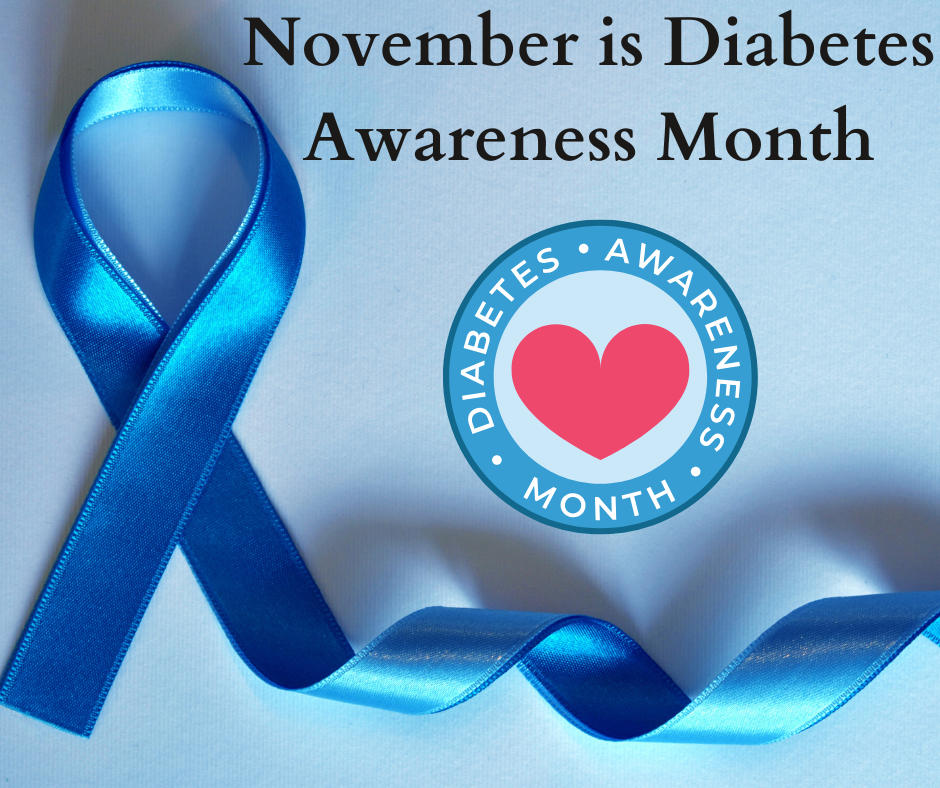- La Feria Community Holds Succesful Business Mixer Event
- Little Nashville to Take Place in Downtown Mercedes
- Lions Basketball Captures District Gold
- La Feria ISD Students Compete in Regional Chess Tournament
- Lions End First Half of 32-4A on a High Note
- La Feria ISD Held Another Successful Parent Conference
- Strong Appearance for Lions at Hidalgo Power Meet
- LFECHS Students Get to Meet Local Actress
- Students Participate in Marine Biology Camp
- Two LFECHS Students Qualify for All-State Band
Spread the Word on Diabetes Awareness
- Updated: November 16, 2024

By Mike Villarreal
November is Diabetes Awareness Month. According to the International Diabetes Federation, “diabetes is a chronic disease that occurs when the pancreas can no longer produce insulin, or when the body cannot effectively use the insulin it produces.” This month is dedicated to educating the public about diabetes and emphasizing the importance of prevention and management.
The purpose is to raise awareness of this chronic condition and help you understand your risk of developing diabetes.
Diabetes is a metabolic disorder that causes high blood sugar levels over time. There are three main types of diabetes: Type 1, Type 2, and Gestational Diabetes.
It is vital to inform everyone about diabetes, as it affects millions around the world, and many aren’t unaware of the many resources available to them it’s you’re at risk of developing diabetes, your step is to get tested.
Diabetes can lead to various long-term complications that develop gradually over time. One significant risk is an increased likelihood of heart-related issues, including heart attacks, strokes, and high blood pressure. It also contributes significantly to kidney disease, as high blood sugar levels can damage the kidneys’ filtering systems.
Another complication is diabetic retinopathy, which occurs when elevated blood sugar damages the blood vessels in the retina. Additionally, poor circulation and nerve damage associated with diabetes can result in serious infections. People with diabetes may also experience slower wound healing, increasing the risk of complications such as ulcers and infections. If left untreated, severe infections can lead to amputation.
Furthermore, individuals with diabetes are more susceptible to bacterial and fungal infections, dry skin, and slow-healing sores.
Every person’s journey with diabetes is unique, so finding the right tools and strategies is crucial for building confidence in managing the condition. Simple lifestyle changes, such as making healthy food choices and committing to regular exercise, can lead to long-term success in managing diabetes.
For more information on diabetes management and resources, visit the American Diabetes Association at (https://diabetes.org/).




